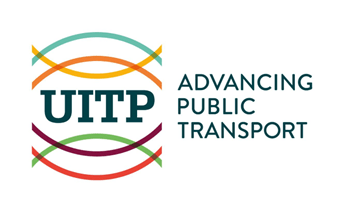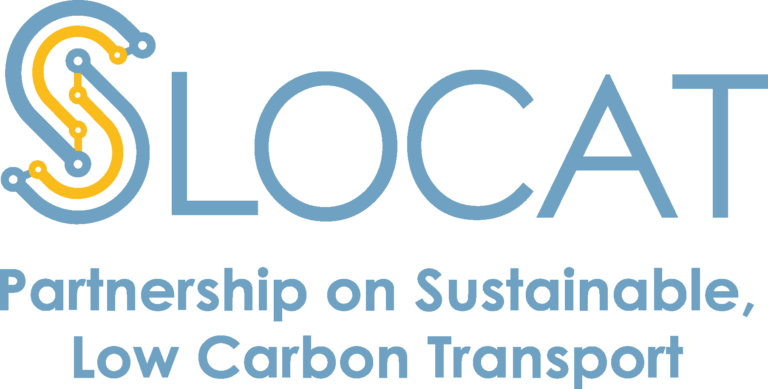Event at COP28
COP28 UNDESA Pavilion
Sustainable Transport Programme
COP28 UNDESA Pavilion: Sustainable Transport Programme
09:00 – 12:45 GST, Wednesday, 6 December 2023 | View Programme here
UNDESA/SDG Pavilion, Blue Zone B7, Pavilion number 88
INTRODUCTION
The global transport sector has the highest reliance on fossil fuels of any sector and in 2021 accounted for almost one quarter of global greenhouse gas (GHG) emissions. The road transport sector, including passenger cars, buses, heavy and light duty commercial vehicles, quite unlike other inland transport sub-sectors, such as rail and inland waterway transport, and much more than the aviation and maritime sectors combined, is a main polluter accounting for approximately 77 per cent of global transport related GHG emissions. Therefore, the road-based transport sector bears a unique responsibility in helping countries meet their climate change mitigation goals with solutions already available to drastically reduce its climate impact.
Sustainable low carbon urban mobility is a high priority for all governments and central to delivering on Sustainable Development Goals (SDG) and Paris Agreement. As the world hits eight billion people, with most living in urban areas, the most equitable, meaningful, and sustainable interventions in the transport sector must focus on scaling up public transport, rail and active mobility. Yet only half of the world’s urban population can claim to have a sustainable transport system fit for the future. To get us back on track, we need a transformation of transport in cities through the scaling up policy measures and shifting finance towards public transport, rail, walking and cycling.
The transport event at the SDG Pavilion at COP28 includes a high-level policy dialogue that offers a unique platform for countries to take stock of ongoing and planned regulatory and practical efforts aimed at decarbonizing the transport sector, in particular inland transport, and at strengthening transport system climate change preparedness through the adoption of appropriate adaptation and resilience measures.
In addition, best practices will be shared alongside innovative actions and solutions that should be adopted by countries as a matter of priority to enhance local and national level action and engagement. Different sessions will provide a better understanding of the relationship between policy, action, impact and what to report on to improve urban mobility with more and better public transport, rail and active mobility. In doing so, it will show what the transport sector needs to do in the short term and maintain in the long term to bring about a paradigm shift in achieving the SDGs in times of global crisis and to address the climate emergency whilst fostering social inclusion.






